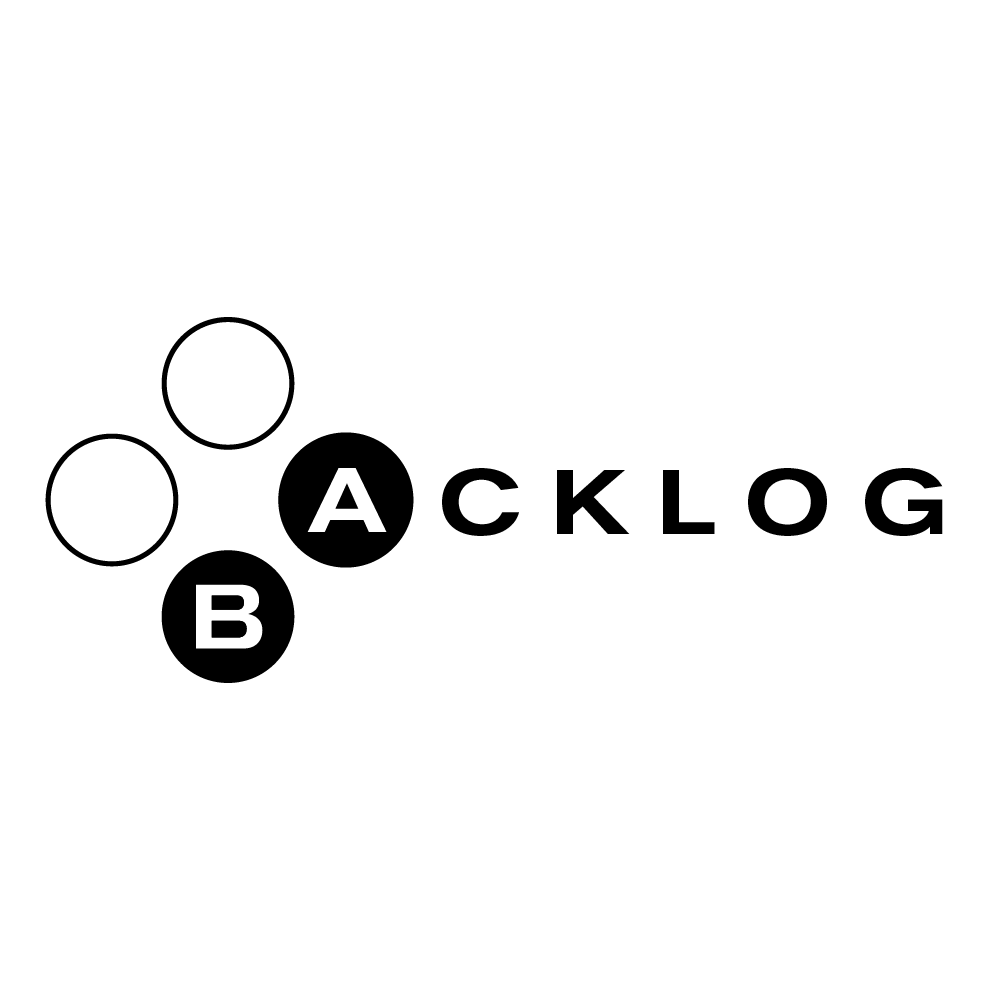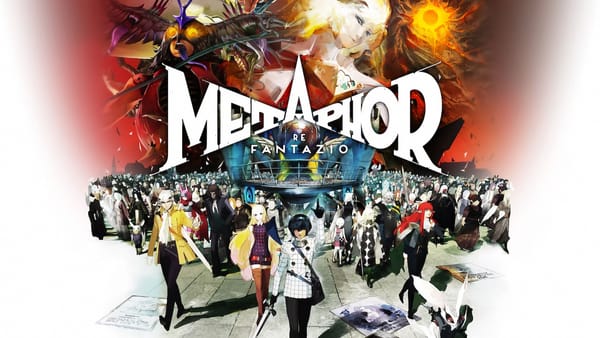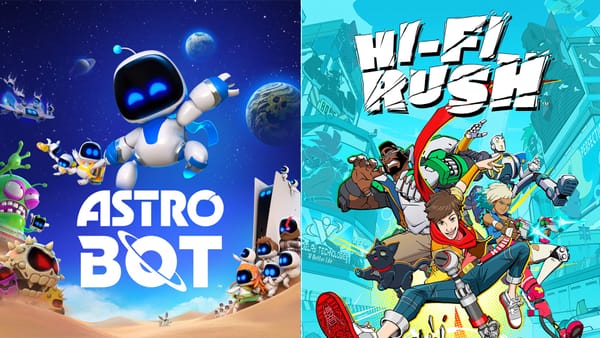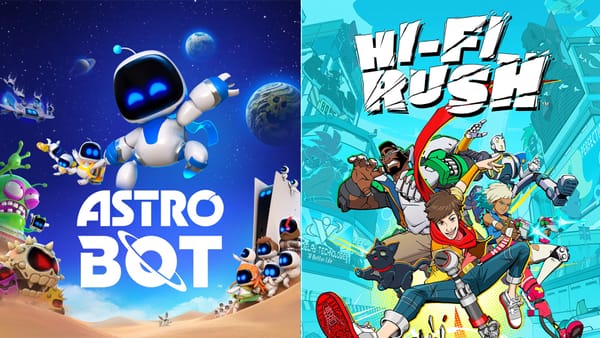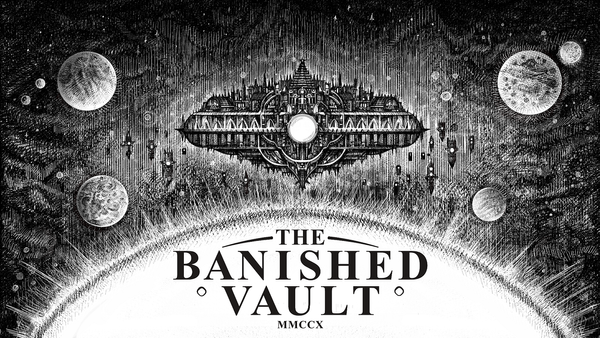Moonlighter and the grindset
These potions aren't going to sell themselves
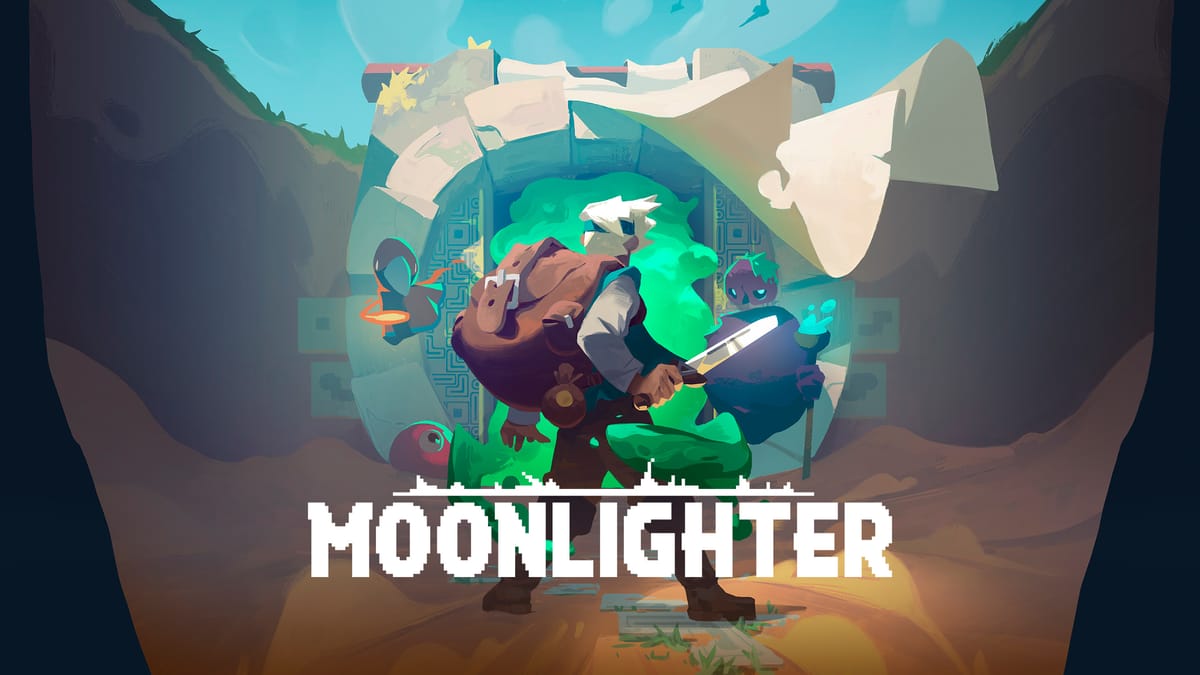
Remember when I told you all I’ve tried more than five times to write a short story from the perspective of a shopkeeper in an RPG? Well, Moonlighter said, “I’ll do you one better: I’ll make it a game.”
I don’t remember when I bought Moonlighter on Steam. It’s so frequently discounted to $2.99 that you, too, might not even realize you have it sitting in your library. The frequent sales seem a metacommentary on the game itself, which tasks you with splitting your time between dungeon crawling and shopkeeping, selling the items you bring back from the dungeons at rates you, the player, must determine. Price items too high, and customers will walk away from them, disgusted by your greed. But price them competitively? Suddenly the dollars start rolling in.
Similarly, I don’t think Moonlighter is worth the asking price of $20. But at $2.99? It’s a steal.
The early hours are a bit obtuse. Which items are useful and which are trash takes a while to figure out, and it took me an embarrassingly long time to realize that the X button functioned as a secondary action for every weapon type, not just the sword and shield. Eventually, though, you settle into a rhythm, getting a foothold on both the rudimentary dungeon crawling (it’s no Hades) and, more importantly, the shopkeeping. As you sell items and track customer reactions to your prices, you fill out an in-game notebook with prices that are likely to sell without being too much of a bargain.
Some wrinkles to this loop do accrue during the 10 or so hours it takes to beat the main campaign. Your shop gets bigger, of course, and in the process you obtain special pedestals for items: placing them on little pillows and surrounding them with glass, which has the effect of making the item seem more desirable, thus allowing you to raise its price. Dungeons change in biome and enemy types, with forest and desert archetypes being padded out with a mossy stone area and a mad scientist-ish area. Still, whether it’s the shop or the dungeons, there is a kind of bland sameness to the experience that never quite evolves. The initial novelty of playing as a shopkeeper in a dungeon crawler eventually gives way to a slight feeling of drudgery.
But isn’t that what it feels like to have a job? When you first start a position, the newness of it overwhelms you. Every task feels like learning a new mechanic, a new means by which to influence the world. Then, slowly, routine sets in. You know how things work. You’ve got your strategies that work for you. You’ve got your way of doing things. Some amount of boredom sets in, invariably. But you continue on, because you have to. You’ve got to work, after all. There’s no other way to be in this world.
The same feeling sets in during the latter half of Moonlighter. This dual life you lead, dungeoneering at night and shopkeeping during the day, is thrilling at first, but eventually feels as normal as anything else. Sure, you’ve traded a green-ish dungeon for a purple-ish one, but has anything really changed? You’re still diving down three floors and fighting a boss, no matter the change in hue. And the shop, though it grows, is more or less the same. Once you’ve locked in a sense of the appropriate price, it’s just a matter of placing the items and waiting things out, shooing away the occasional thief or errant bird.
There’s no way around it. By its conclusion, Moonlighter feels like a job.
In a different context, I might’ve thought of that as a major complaint. But in the actual context in which I played the game—having paid less than $4 for the game and its DLC—I don’t actually mind. In fact, I feel perfectly satisfied. I feel like the customers who walk into my shop in Moonlighter and find an item they want sold at a fair price. I know what I am getting, and I am satisfied with it because of it.
And, if one is feeling charitable in their assessment, it’s possible to read this critique of Moonlighter as an intentional feature of its interactive storytelling. Shouldn’t a game about a worker feel like work? Shouldn’t we embrace the fact that we are not playing a hero? Shouldn’t we let shopkeepers be shopkeepers, and acknowledge that selling potions probably isn’t as thrilling as defeating the Big Bad and saving the world?
If Moonlighter wanted to be a deeper videogame, it probably should’ve had more variety. But if Moonlighter wanted to be a commentary about how work, even meaningful work, is still work—well, I think it nailed it.
Bonus Links
- I stumbled upon Final Profit: A Shop RPG while scrolling through Bluesky, and, honestly, it sounds like the spiritual successor to Moonlighter. Consider my interest piqued, critique of capitalism via RPG tropes.
- Not to be a total bummer, but speaking of games and work, you should make time to read this excellent article by Rebekah Valentine over at IGN: “I Stopped Believing in Myself”: Game Developers Share the Human Impact of Over a Year of Mass Layoffs. It’s a heartbreaking look at how all these industry layoffs are affecting not just people’s livelihoods (though that’s bad enough), but their mental health and belief in their artistic ability. I’m sure I’m preaching to the choir, but the whims of the investor class have nothing to do with one’s artistry. It’s a shame we’re made to feel otherwise. Solidarity to everyone in this position.
- I didn’t necessarily want to have another Very Long Game to Play This Year (spoilers: I’ve got Baldur’s Gate 3 and Dragon Quest XI Backlogs in the works), but it sounds like Unicorn Overlord is incredible. As a fan of Vanillaware, I’m not surprised. Just tired, is all. I’m turning 34 this year, you know? Anyway, I wish it were available on Steam so I could play it on the Deck, but it doesn’t look like that will be happening anytime soon. Shame.
